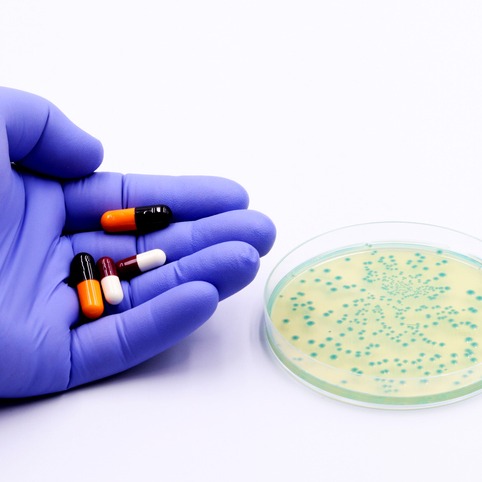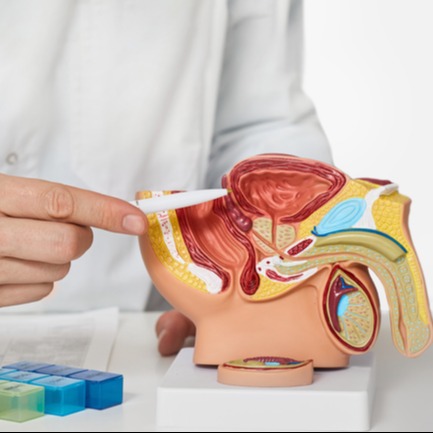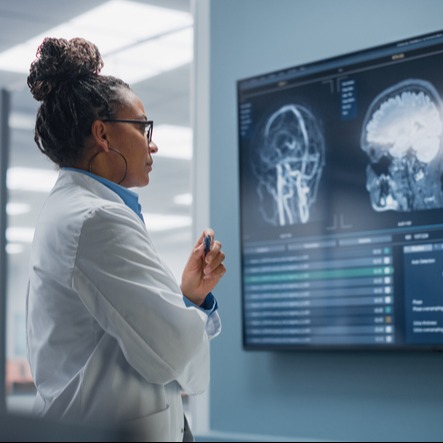
Opinions about the advent of artificial intelligence (AI) fall into two groups: skeptics and cheerleaders.
The skeptics worry that AI will become self-aware, ‘take over the world’, and eventually eliminate humanity. For these reasons, skeptics cast a wary eye on anything related to AI, from self-driving cars to the content produced on the internet.
Cheerleaders view any AI advancement as a positive contribution to improving human life; they tend to downplay concerns about removing the human element from any activity.
I am a physician, so my interactions with AI have mainly involved applications related to imaging (e.g., X-rays, CT scans, MRIs, etc.) and pathology (i.e., looking at biopsies and blood smears to diagnose diseases).
Will AI Be Involved in My Cancer Diagnosis?
I know from personal experience that finding a lump in a woman’s breast can be one of the most terrifying things that can happen. These women and their loved ones want to know as soon as possible if the lump is cancer and, if so, they want to start treatment as quickly as possible.
The ‘work-up’ of a breast lump has three parts: a history and physical examination, some kind of imaging test, and a biopsy. A physician still takes the history (i.e., asking questions about family history, etc.) and performs the physical examination. A human technician performs the imaging test (e.g., ultrasound or mammogram), and the image is interpreted by a human with or without the assistance of an AI-based software program.
Finally, a biopsy will be taken of the lump (also performed by a physician), and the cells will be sent to a pathology laboratory, where the cells will be prepared and examined by a pathologist (a human), with or without the help of an AI-based program.
I tend to be more of a cheerleader than a skeptic. I arrived at this point by engaging in a couple of thought experiments, and I am now inviting you to engage with these experiments as well.
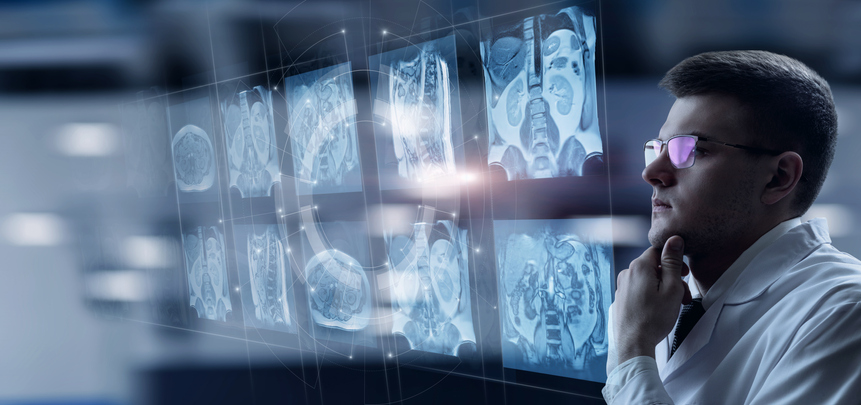
Thought Experiment 1: The Radiologist is an AI
All thought experiments begin with some assumptions. We will try three different assumptions. The first is that a human radiologist will look at your breast ultrasound alone without the help of any AI tools. The second is that the radiologist will look at the image and ask AI to help interpret the image. Together, they will determine if the ultrasound indicates suspicion of cancer. They will never make a definitive diagnosis. Diagnoses rarely result ultrasounds.
The final option is that no human radiologist will be involved at all. An AI ‘robot’ will interpret the ultrasound results and determine if the image indicates suspicion of cancer.
Here’s the question: Which option makes you feel most comfortable? The radiologist working alone, the radiologist working with AI, or the AI interpreting the ultrasound results independently?
I guess you chose option two: let the radiologist and AI work together. Use the technology to help the radiologist render an opinion. But what if I told you that humans are influenced, consciously or unconsciously, by diagnostic tools like AI? Do you want machines, even intelligent machines, to affect radiologists’ opinion?
Are you feeling more like you’d like the radiologist to do it alone? What if I told you that radiologists often work eight-hour shifts (alone and in the dark!) and are subject to fatigue and distractions? Would you like your ultrasound to be read first thing in the morning or at the end of a long, grueling shift? You don’t get to decide when your ultrasound is read!
What if I told you that AI is just as good (or better) at detecting suspicious ultrasounds than human radiologists? I don’t know if this is the case yet; however, a growing body of evidence suggests that some AI tools have already become as accurate as humans in diagnosing several conditions. It is a near certainty that AI-based ultrasound readers will become as good (or better) than humans very soon.
Also, remember that AI never gets tired, never has a bad day, and never gets distracted. AI has no sick children at home. AI never gets distracted by the thoughts of an attractive colleague. Do you still want a human checking AI’s work?
Thought Experiment 2: The Pathologist is an AI
You’ve had the office visit with the physician and the ultrasound completed. Now, you undergo a fine-needle aspiration of the lump in your breast. The sample will be sent to the pathology laboratory. There will be at least three possible outcomes. Either the biopsy will come back suspicious for cancer, not suspicious for cancer, or the sample may be uninterpretable due to too few cells or other reasons.
As in the first thought experiment, we will try three different assumptions. The first is that a human pathologist will look at the cells alone without the help of any AI tools. The second is that the pathologist will look under the microscope and ask AI to help interpret what is observed. Together, they will determine whether the cells are suspicious for cancer.
Again, I think you’d prefer option two: Let the pathologist make the final call with the help of AI.
What if I told you that the pathologist has seen tens of thousands of breast biopsies but the AI has ‘seen’ millions and is continually adding to its fund of knowledge every day? This means that every time the AI tool makes a call, its opinion is matched against the outcome, and its internal algorithms are revised in real time. What if I told you that pathologists are subject to all kinds of cognitive biases (because they are human)? For example, they just saw a biopsy that was highly suspicious for cancer; now, every biopsy that she sees for the remainder of the day looks just a little bit more like cancer. By the way, this is called ‘recency bias’, and it never happens with AI.
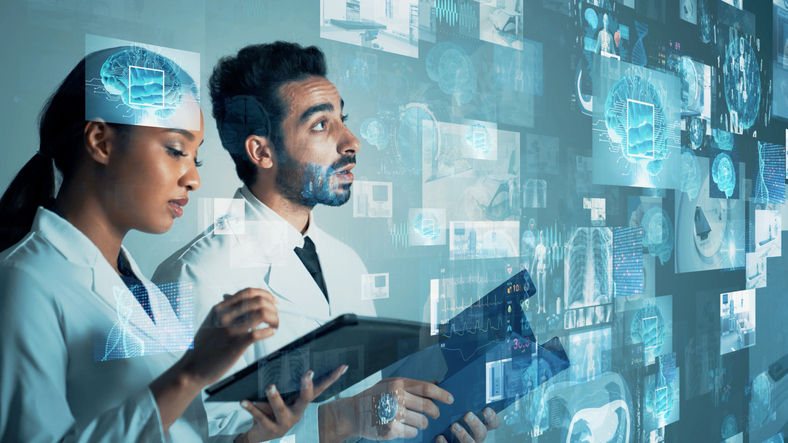
Why I Am a Cheerleader for AI
AI combines all the knowledge gained from the experience of human radiologists and pathologists and integrates that knowledge in a way that a human brain cannot. AI never gets tired or distracted. That is not to say that AI is never wrong. However, AI error rates are becoming as low as those of humans, and in some cases, they are even lower.
AI has not entirely replaced human physicians and diagnostic tools, and it is not likely to do that any time soon. However, as diagnostic aids, AI tools are a boon to medical technology and should be embraced. I am a cheerleader for AI because I have read the literature and tracked its impressive improvements over a few years. I am confident that diagnoses, treatments, and (most importantly) outcomes will improve with the use of AI.
Rely on PlanetDrugsDirect.com to Buy Your Medication Online
As a trusted prescription referral service, we offer important benefits whenever you order online. Each of our partner pharmacies and/or government-approved dispensaries is committed to providing the best experience possible of any online prescription referral service on the internet. We offer:
Low prices
Quick turn-around times
Generic and brand-name medications
Unparalleled customer service
 Medically reviewed by
Medically reviewed by 